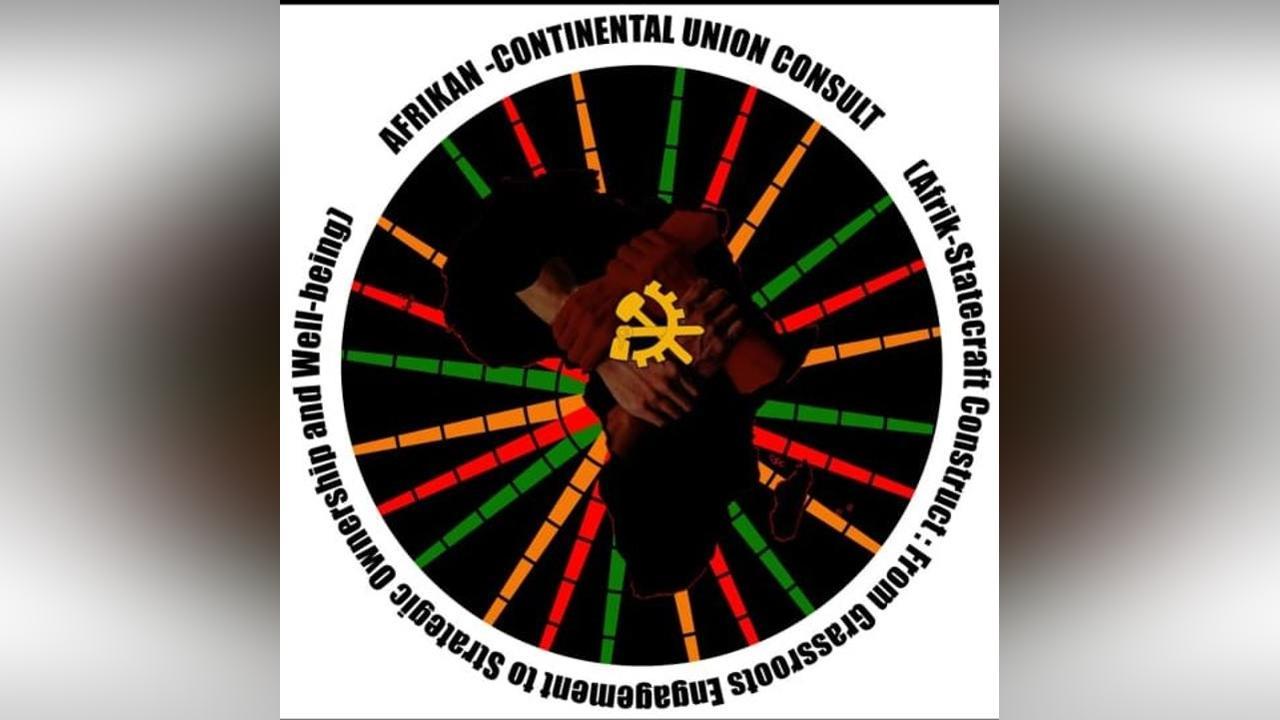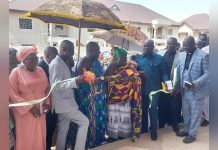Africa-Press – Ghana. The AfriKan Continental Union Consult (ACUC), Ghana Chapter, has called for a comprehensive review of Ghana’s financial governance covering the period 2014 to 2024.
In an open letter signed by Dr Ben Anyagre, Executive Director of ACUC, the organisation congratulated Dr Cassiel Ato Forson, Minister of Finance, for presenting the 2026 Budget and Economic Policy Statement in Parliament on behalf of President John Dramani Mahama.
It applauded the government’s commitment to power the economy with a robustly transformed agricultural regime, prudent spending, probity, accountability and transparency to improve living standards in Ghana.
It expressed hope that Ghana would soon exit the International Monetary Fund programme and commended the government’s commitment to prudent spending, accountability, and agricultural transformation.
The ACUC reminded institutions and professionals whose mandates and expertise intersect governance, accountability and public financial management that the December 7, 2024, elections reflected civic resistance against financial mismanagement and corruption.
It added that this underscored Ghanaians’ deep yearning for transparency, fairness, and the ethical use of public resources, calling for an urgent collective re-examination of the nation’s financial governance over the past decade.
The think tank on good governance urged universities, trade unions, business schools, civil society organisations, investigative journalists, the Economic and Organised Crime Office (EOCO), and the Ghana Police Service to collaborate on a national study to assess fiscal governance.
According to the organisation, Ghana’s financial ecosystem had suffered from entrenched corruption, inefficiency, and lack of transparency, and it warned that illicit financial flows had drained billions of dollars from the economy.
“This ‘virus’ thrives under conditions characterised by lack of transparency in public contracting and procurement, politically motivated financial decisions, institutional weaknesses in oversight and accountability, and normalisation of impunity in the handling of financial offences.”
It added that there were instances where contracts appeared deliberately designed to generate judgement debts – a sophisticated mechanism for personal enrichment at the expense of the public purse.
It noted that for systematic data collection, analysis, and publication, the financial governance review should cover national gross domestic product trends (2014–2024), annual income and expenditure statements from the Ministry of Finance, State of the Nation Addresses, National Budget Statements, Public Accounts Committee Reports, Controller and Accountant-General’s annual releases, Auditor-General’s findings, and the Regional Coordinating Council allocations, fund distribution, and utilisation.
Others include allocations to State-Owned Enterprises (SOEs) and their chief executives, utility institution revenues, tariff adjustments, District Assemblies Common Fund, internally generated funds, development performance by region and district, corruption index reports, judicial and prosecutorial outcomes in financial misconduct cases, and cumulative financial losses to the State over the review period.
“The initiative aims to reconstruct Ghana’s financial narrative using verifiable data and empirical analysis. By so doing, stakeholders can identify the extent of fiscal leakages, expose systemic weaknesses, and design a coherent framework for financial governance reform.”
ACUC proposed a national financial-socio transformation study to rebuild fiscal integrity, emphasising that fiscal justice was essential to reduce poverty and inequality.
It further urged scrutiny of privatisation policies and revival of factories such as Aboso Glass, Pwalugu Tomatoes, and Bonsa Tyres to create jobs, stressing that financial transparency was not a political act but a patriotic duty and called for collective action to rebuild trust in governance.
For More News And Analysis About Ghana Follow Africa-Press







